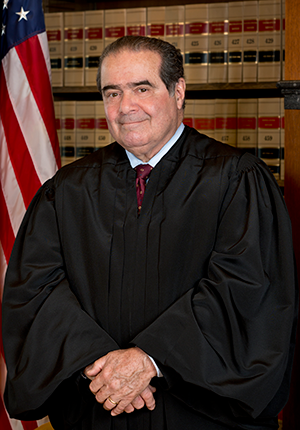Summary
Printz deals with a section of the Brady Handgun Violence Prevention Act, named after Jim Brady, a member of President Reagan’s staff who was shot during the 1981 assassination attempt on the President. The Court invalidated the section of the bill that compelled local law enforcement officials to assist in enforcing the law’s background check requirements. The case deals with two intersecting cultural themes that remain important to this day: federalism and “states’ rights,” but also the pressing national problem of gun violence.







